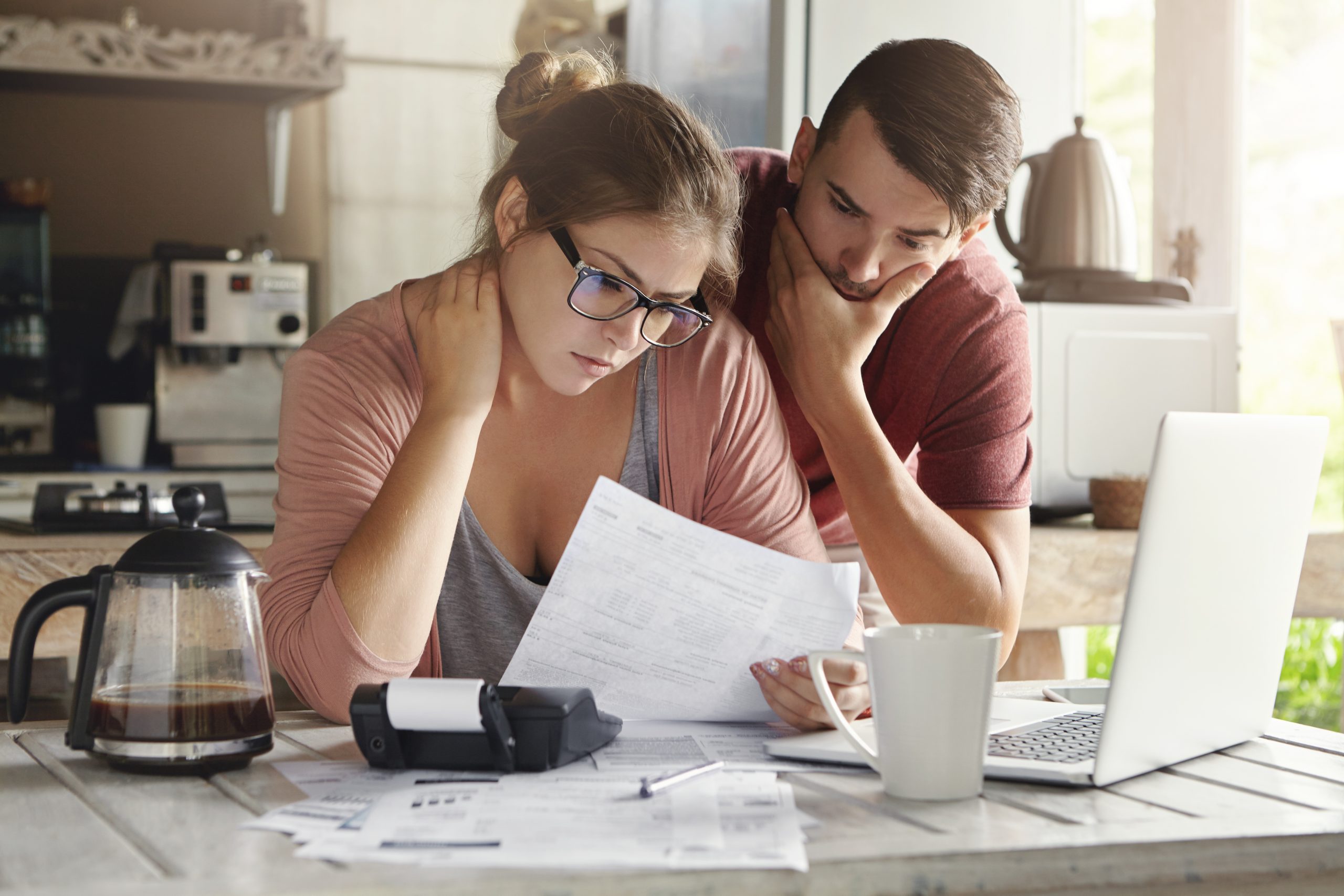A secured loan is one that a bank or financial business grants with the use of an asset as security or collateral.
Unsecured loans, as the name implies, are loans that are not backed by a valuable asset like gold, real estate, etc.
Read this article to learn more about the distinctions between secured and unsecured loans.
What is a secured loan?
A secured loan is a type of loan that is secured against an asset, such as your house. This means, that in the event that you can’t repay the loan, your house may be taken by the bank or lender. This is often referred to as collateral.
Secured loans are frequently used for purchases requiring higher loan sums, such as a new mortgage or a car loan. Due to the lower risk involved, lenders prefer secured loans. Borrowers choose secured loans since the interest rates are often lower.
With solid credit, you could get rates starting at 3% APR
To reiterate, if you default on a secured loan, the lender may seize your collateral to cover the debt. A repossession can be reported to the credit bureaus for up to seven years.
What is an unsecured loan?
Unsecured loans do not require any assets. Credit cards, college loans, and personal (signature) loans are examples of these.
Lenders are taking on additional risk because no asset can be used to offset a default on this loan. That’s why they come with higher interest rates than secured loans.
If you are denied unsecured credit, you can still be eligible for secured loans if you are denied unsecured credit. However, you must possess a valuable item that can be used as collateral.
In most cases, an unsecured lender is willing to lend to you because they are confident in your ability to repay the loan.
Secured loans can be a good option for those owning an asset to borrow against, such as a house or a car. Unsecured loans are ideal for those who don’t own a home.
What are the key differences between secured and unsecured loans?
| Factor | Secured loans | Unsecured loans |
| Collateral (asset) | Secured loans require collateral, ie. an asset to secure the loan against. In the event that you default on a secured loan, you give the lender the power to seize the collateral asset. | No assets are necessary for an unsecured loan, but you will still suffer credit consequences if you don’t make your loan installments on time. |
| Interest rates | Secured loans reduce the risk for lenders because in the event of default, they have an asset seize. Interest rates consequently tend to be substantially lower. Annual Percentage Rates (APRs) usually range from 1.99% – 35.99%. | Unsecured loans have a higher APR. However, you will be eligible for more advantageous rates for any sort of loan if you have a high credit score. Any score of 670 or more is normally regarded as good. The typical annual percentage rates (APRs) range for unsecured personal loans from about 8% to 36%, for installment and payday loans, it can be as high as 600%. |
| Borrowing limits | Secured loans offer higher borrowing limits. The typical range lies between $25,000 to $1,000,000 (Depending on the Collateral). | Borrowing limitations for unsecured loans are lower. The typical range for unsecured loans is $1,000 to $100,000. |
| How you can use the money | Secured loans are typically approved for specific purposes, such as purchasing a house or vehicle. Your alternatives with these loans might be more constrained. | The majority of unsecured loans have very few limitations on how they might be used. E.g. you can take out a loan for emergencies, borrow money for your rent, and so on. As long as you don’t use them for illicit activities like gambling, buying stocks, buying real estate, or, in some situations, paying for college costs, you can use unsecured loans quite freely. |
| Requirements to qualify | Credit requirements could be lower for secured loans because the borrower assumes more risk. | Since they view consumers with poor credit as riskier, some lenders might be reluctant to offer you an unsecured loan if you have bad credit. |
Which one should I choose, a secured or an unsecured loan?
Before applying for a loan, as with any financial instrument, you must take your time and do the research.
Think carefully about your priorities, including the sum you would like to borrow, the lending rates and the monthly repayment amount you can afford.
You might be perplexed as to why someone would select a secured loan when there is a chance of having their property taken if they fail to make their loan payments.
People may choose secured loans if their credit histories prevent them from being accepted for unsecured loans.
Secured loans are ideal if you’re looking for a large sum of money, over $100,000. If you only need to borrow $3,o00, an unsecured loan would be a better fit for you.
Putting up collateral for a loan affects your ability to replace the collateral if necessary, and you often need extra insurance.
If you have money, savings, or other assets, the lender may accept them as collateral and provide you with higher interest rates and payment terms.
If you don’t want to use your assets as security, an unsecured loan can be a better option.
Unsecured loans can also be better to have flexibility on what you spend the loan on. You may need money to consolidate your debts, buy a new car, or cover medical bills. Unsecured loans can cater for all these needs, whereas secured loans may be more restrictive.
If you’d like more information about which type of unsecured loan could be the best for you, read our article about the differences between personal loans and payday loans.

